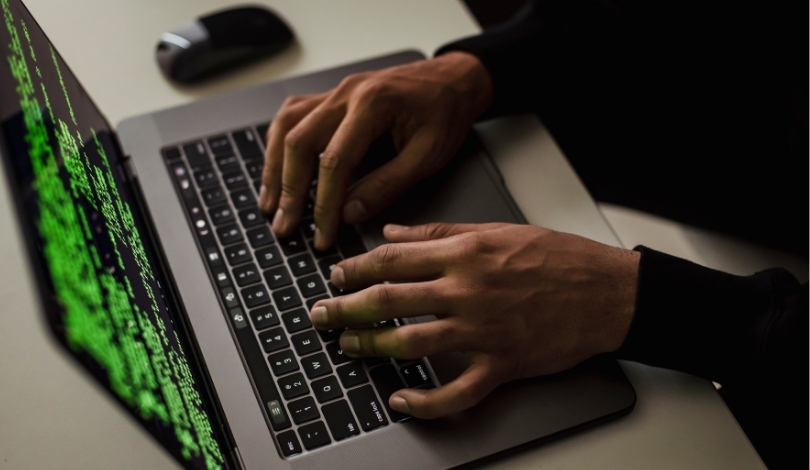Mikhail Matveev, infamously known as Wazawaka, has been officially charged by Russian authorities for his role in developing malware used to extort businesses. This marks a significant development in Russia’s approach to cybercrime, highlighting a potential shift in policy. Authorities have taken steps to address the growing threat of cyberattacks emanating from within the country’s borders. Matveev’s case gains attention not only for his criminal activities but also for the broader implications it holds for cybersecurity measures globally.
Matveev’s prosecution contrasts with previous instances where Russian cybercriminals often evaded legal consequences. Historically, the Russian government has been hesitant to pursue its own nationals involved in cyber offenses, especially those targeting international entities. This case could signify a new willingness to hold cybercriminals accountable regardless of their connections or the nature of their targets.
What Are the Charges Against Matveev?
Matveev faces allegations under Russia’s Criminal Code for creating and distributing malware designed to disrupt or manipulate information systems. His association with prominent ransomware groups such as Babuk, Conti, DarkSide, Hive, and LockBit underscores the severity of his activities. If found guilty, he could receive a prison sentence of up to four years or face substantial fines.
How Did Authorities Confirm the Charges?
The Russian Interior Ministry initially reported the charges through the state news agency RIA Novosti. Later, the cybersecurity community “club1337” reached out to Matveev, who acknowledged the accusations.
“He is currently out on bail, unharmed, and awaiting the next steps in the legal process,”
club1337 stated, adding that Matveev had paid two fines and had a significant portion of his cryptocurrency assets seized.
What Is Matveev’s Background in Cybercrime?
Matveev garnered notoriety through his involvement in the April 2021 ransomware attack on Washington, D.C.’s Metropolitan Police Department as a member of the Babuk group. The breach resulted in the theft of over 250 gigabytes of sensitive data, with threats to release it unless a ransom was paid. This attack aligns with a series of cybercrimes for which Matveev has been sanctioned and indicted by U.S. authorities.
Matveev has maintained an active online presence, often expressing indifference towards the sanctions imposed on him and speculating about launching new cybersecurity initiatives in Russia. Despite his criminal activities, he claims to lead a normal life in Russia and denies being approached by local law enforcement until recently. This case could have broader implications for international cybercrime collaboration and enforcement.
Authorities are increasing efforts to curb cybercriminal activities within Russia, a shift evident in recent high-profile arrests and prosecutions. The move against Matveev may encourage more individuals involved in cyber offenses to face legal repercussions. Enhanced cooperation between nations could lead to more effective strategies in combating global cyber threats.
Matveev’s case serves as a pivotal moment in the fight against cybercrime, demonstrating Russia’s potential shift towards stricter enforcement of its cyber laws. The legal actions taken could deter other cybercriminals operating within Russia, fostering a more secure digital environment for businesses and institutions worldwide. Continuous monitoring and international collaboration will be essential in sustaining these efforts and addressing the evolving landscape of cyber threats.
Matveev’s prosecution marks a crucial step in addressing cybercriminal activities originating from Russia. By holding a high-profile hacker accountable, authorities signal their intent to tackle the misuse of technology for extortion and other malicious purposes. This case may influence future policies and enforcement strategies, ultimately contributing to global cybersecurity resilience.
- Matveev charged for developing ransomware malware.
- He is linked to several major ransomware groups.
- Russian authorities’ actions may shift cybercrime policies.










